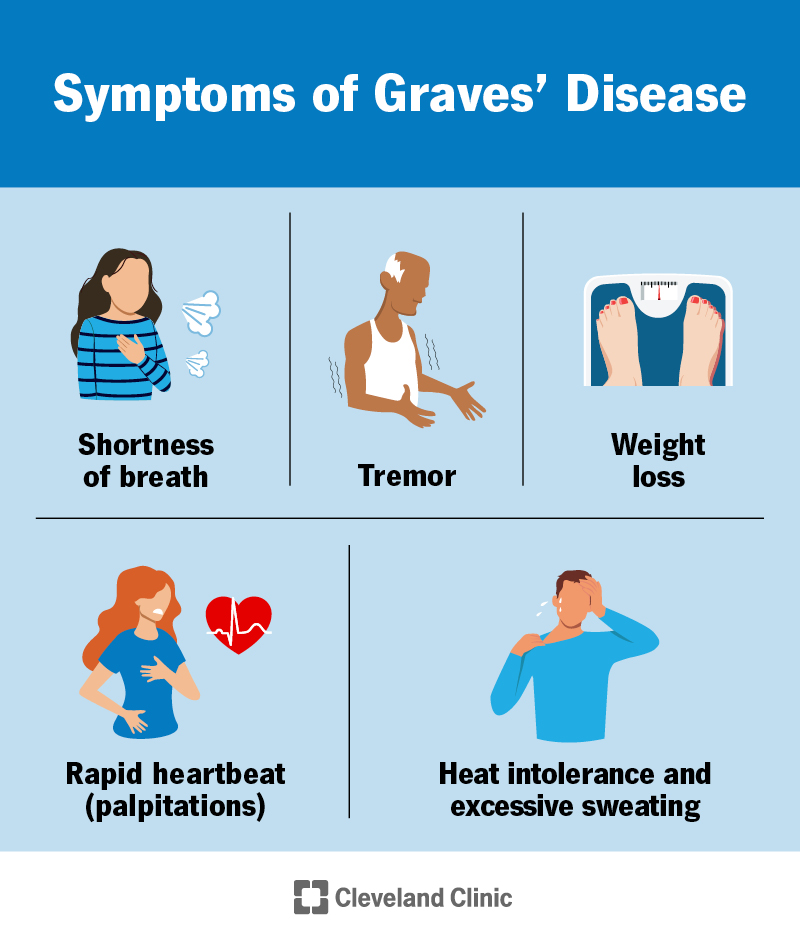
Introduction
Graves’ disease is the most common cause of hyperthyroidism, a condition where the thyroid gland produces too much of the hormone thyroxine. With an estimated prevalence of 0.2% to 2% in the general population, this autoimmune disorder is significant not only for its physical effects but also for its potential psychological impact. As awareness of autoimmune diseases grows, it’s crucial for individuals to recognize symptoms and seek prompt medical intervention.
What is Graves’ Disease?
Graves’ disease occurs when the body’s immune system produces antibodies that stimulate the thyroid gland, leading to overproduction of thyroid hormones. This condition can also result in the inflammation of the eyes, known as Graves’ ophthalmopathy, and can affect the skin, leading to a rare condition known as pretibial myxedema.
Symptoms
Common symptoms of Graves’ disease include:
- Increased heart rate
- Heightened anxiety or irritability
- Weight loss despite increased appetite
- Tremors in the hands or fingers
- Excessive sweating and heat intolerance
- Menstrual cycle changes
- Bulging eyes
Symptoms can vary in severity and may develop gradually. Recognizing these signs is essential for early diagnosis and treatment.
Causes
The exact cause of Graves’ disease is not entirely understood, but it is believed to be a combination of genetic and environmental factors. Family history can play a role in predisposing someone to autoimmune diseases. Additionally, life events such as stress, pregnancy, and infections may trigger the onset of the disease in susceptible individuals.
Treatment Options
Graves’ disease is manageable with various treatment options, including:
- Antithyroid medications: These drugs reduce the production of thyroid hormones.
- Radioactive iodine: This treatment damages the cells of the thyroid gland, reducing hormone production.
- Surgery: In some cases, partial or total thyroidectomy may be necessary.
- Beta-blockers: These medications control symptoms like rapid heartbeat and anxiety.
Patients often benefit from a combination of these treatments tailored to their specific needs and health conditions.
Conclusion
Graves’ disease is a complex autoimmune disorder that requires timely diagnosis and effective management. Understanding the symptoms and treatment options is crucial for individuals affected by this condition. As medical research continues to evolve, further advancements in treatment and support for those living with Graves’ disease are anticipated. Early detection and intervention can lead to improved quality of life and help prevent complications associated with untreated hyperthyroidism.



